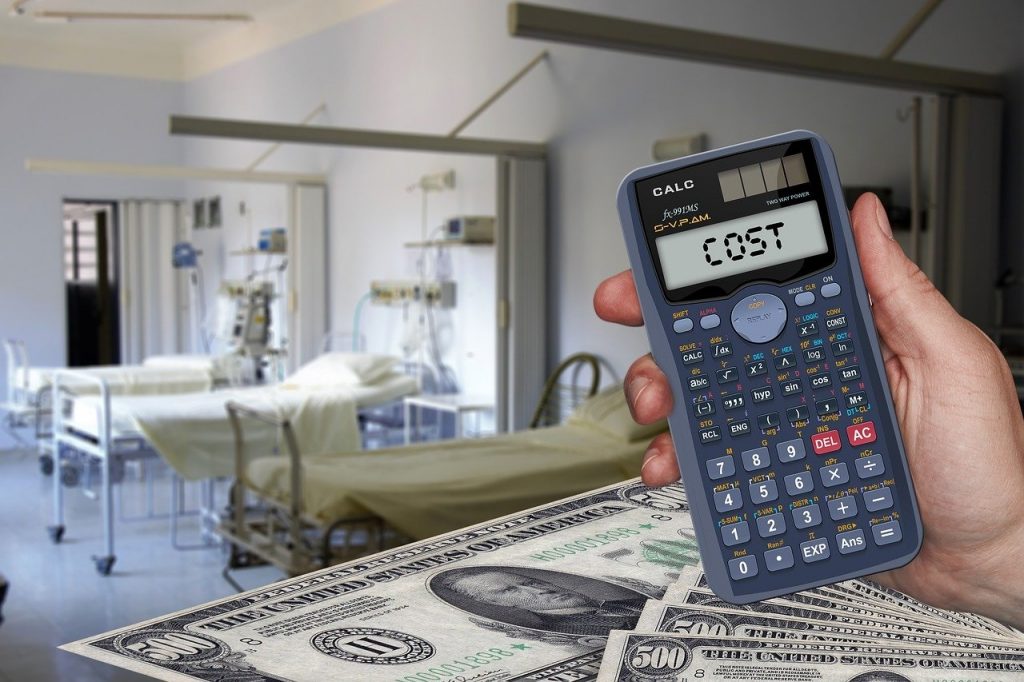The cost of healthcare is a huge concern for the U.S. government, our healthcare industry and frankly all of us. Today, exciting things are happening in healthcare thanks to APIs and digital technology.
The rising cost of healthcare—changes on the horizon
So why is the cost of healthcare so high in the U.S.? For starters, the industry is very complicated. Consumers often don’t know exactly how much procedures cost because that information is not usually made public. This leads to the frustration of growing out-of-pocket expenses and surprise billings.
The way the healthcare industry works from pharma, doctors and hospitals is that costs are hidden due to the way healthcare plans are set up. Many things go into play from rebates to volume discounts.
No transparency
The bottom line—there is little to no transparency in the healthcare industry. When you shop for a car, you know the price. With the healthcare system, you simply have no idea what the total costs are, or even what you will be paying for when you go to the hospital. With the system set up in this fashion, it’s very difficult to shop around for the best prices.
A good example: if you go to the hospital for back surgery, wouldn’t you want to know upfront how much you will have to pay when the bill shows up in your mailbox? It’s next to impossible to find out the costs. Sadly, one of the leading causes of bankruptcy in the U.S. is due to medical bills.
You may think that the cost of healthcare will not affect you, but people who don’t have health insurance are subsidized by people who do have it. This means sky-high costs for everyone; we are all footing the bill.
Change needs to happen
The good news is that thanks to APIs and technology, change is happening in many areas. The Federal Government is proposing that prices should be published to provide better transparency—but a big debate still is ongoing.
Additionally, the government proposes allowing people to access their medical data. This will make it easier for doctors to view your medical history electronically instead of having to carry your records while seeing different doctors for second and third medical opinions. Publishing prices is a necessary first.
And, hospitals are moving to allow consumers to engage with the hospital on their cell phones. Many startup companies are trying to bring about healthcare apps to make your experience much easier too. The Federal Government is also trying to step in to move the process along and technology works to make the transition so much easier.
API Management
Axway provides an API Platform for regulated industries. Axway’s AMPLIFY™ API Management Platform is a sophisticated and granular system that meets the very stringent security requirements in healthcare. Thanks to APIs, the system can put your data together in real-time to deliver improved experiences and new services.
As most people know, when you go to the doctor, it’s usually weeks or months before you get your bill. With APIs, you could get information about doctors or payments in real-time and via a mobile app. Technology is enabling the patient to have a much better consumer experience.
Axway is innovating by doing more to accelerate our customer’s transformation to real-time user experiences. Axway has created a team of experienced thought-leaders called the Catalysts. Axway’s Catalysts come in to help companies deal with organizational changes and trends. With guidance from the Catalysts, organizations can see customers achieve their goals faster, as well as easily deliver improved services, reduce costly inefficiencies and comply with regulations.
What’s next for digital healthcare?
Healthcare is working on the idea of a “Digital Front Door” concept. This would allow for a virtual healthcare system to be delivered to your smartphone. Imagine checking the wait time in the emergency room, changing an appointment, accessing admission forms and medical records on your cell phone at any time of the day.
Axway, our customers and partners are working to transform healthcare through APIs.
Watch my interview with Tech UP.
